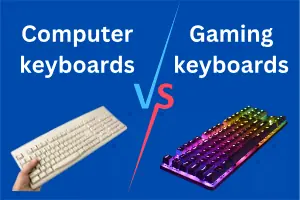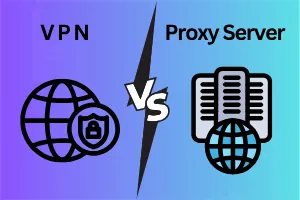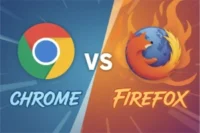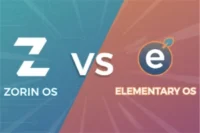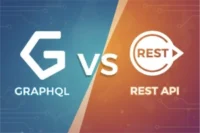Android vs IOS: Choose the Right Mobile OS
Published: 15 Oct 2024
When it comes to mobile operating systems, Android and iOS dominate the market. Android, developed by Google, and iOS, developed by Apple, offer unique experiences and features to millions of users worldwide. Understanding the differences between these two platforms can help you make an informed decision when choosing your next smartphone.
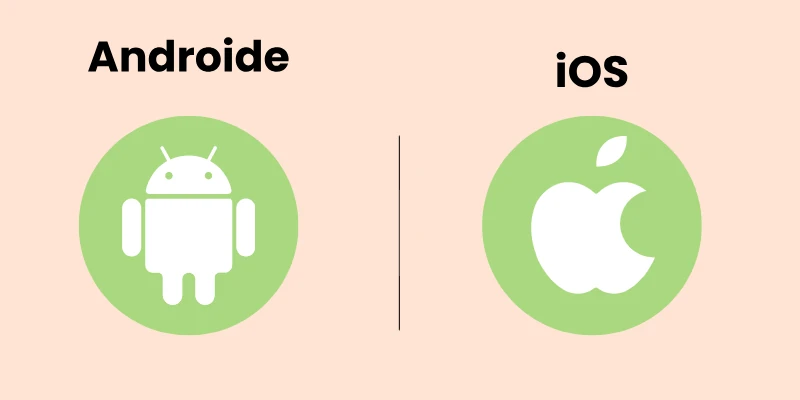
Interestingly, the choice between Android and iOS shares similarities with another classic tech debate PC vs Mac where brand ecosystems, software compatibility, and personal preferences play a big role.
In this article, we’ll explore the differences between Android and iOS, covering aspects such as customization, app ecosystems, user interfaces, and more.
Differences between Android and iOS
Here is the list of differences between Android and iOS:
- Operating System
- Customization Options
- App Ecosystem
- User Interface
- Device Variety
- Hardware Options
- Integration with Ecosystem
- Updates and Fragmentation
- Voice Assistants
- Privacy and Security
- Device Price Range
- Gaming and Entertainment
Let’s discuss all these points in details:
1. Operating System:
Android: Android is an operating system made by Google. It is used by many different phone brands like Samsung, LG, and OnePlus. Android is open-source, meaning developers can modify it. It is more customizable compared to iOS.
IOS: iOS is the operating system created by Apple. It is only used in Apple products like iPhones and iPads. iOS is a closed system, meaning only Apple can make changes to it. It has a simpler and more uniform design.
2. Customization Options:
Android: One of the standout features of Android is its high level of customization. Android allows users to personalize their devices by changing themes, wallpapers, and even installing custom launchers.
iOS: iOS has a more locked-down approach, offering limited customization options, primarily focused on reposition app icons and selecting wallpapers.
3. App Ecosystem:
Android: Android boasts a larger app ecosystem, with the Google Play Store offering a large number of applications, including both major and niche apps.
- Android users download apps from the Google Play Store.
- There are also other third-party app stores available.
- More apps are available on Android, including free and open-source options.
- App quality varies more on Android because of fewer restrictions.
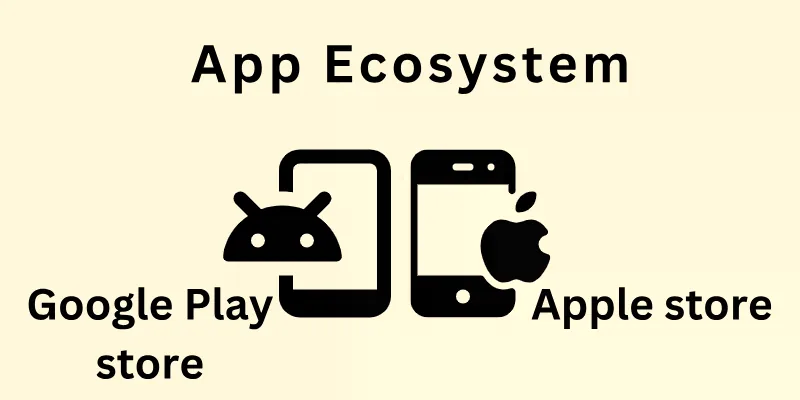
iOS: iOS, is known for its curated App Store, which is renowned for its stringent quality control, resulting in a smaller but arguably more polished selection of apps.
- iOS users download apps from the Apple App Store.
- Apple has strict guidelines, so apps go through more testing before they are released.
- This makes iOS apps generally more secure and stable.
- There are fewer apps on iOS compared to Android.
For a deeper look at how the Google Play Store stacks up against Apple’s App Store, check out my full comparison here: Google Play Store vs Apple Store.
4. User Interface:
Android: Android and iOS have distinct user interfaces. Android provides a more flexible and customizable interface, with a variety of home screen layouts, widgets, and app lock options.
iOS: iOS features a consistent and graceful interface across all devices, offering a visually appealing and user-friendly experience.
5. Device Variety:
Android: Android is used by many different phone manufacturers. Phones come in a wide range of prices and sizes. You can find budget, mid-range, and premium Android devices. Users have more choices when it comes to hardware.
IOS: iOS is only used in Apple products like the iPhone. There are fewer models to choose from, and all are made by Apple. iPhones tend to be more expensive than many Android phones. The hardware and software are tightly integrated for smoother performance.
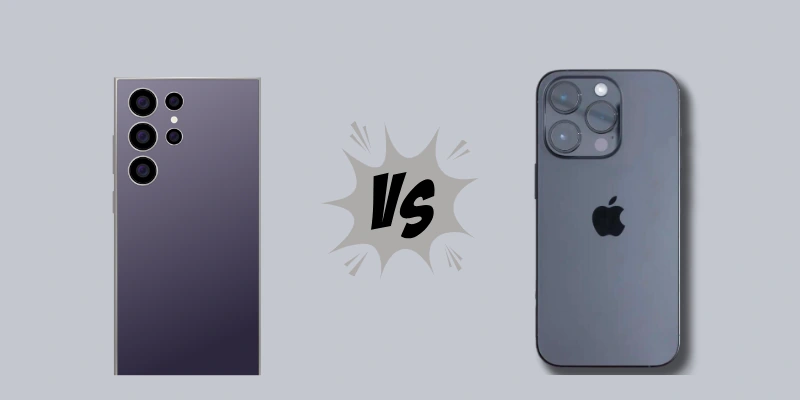
6. Hardware Options:
Android: Android offers a huge range of hardware options from various manufacturers, providing users with choices in terms of design, features, and price points.
iOS: In contrast, iOS is limited to Apple devices, offering a more streamlined and controlled hardware experience.
7. Integration with Ecosystem:
Android: While Android offers integration with Google services, it may not provide the same level of seamless integration across devices from different manufacturers.
iOS: iOS perfect integrates with other Apple devices and services, such as Mac computers, iPads, and iCloud. This integration allows for easy hepning of data, logical between devices, and a mix ecosystem experience.
8. Updates and Fragmentation:
Android: Android, due to its open nature and the involvement of multiple manufacturers and carriers, often faces fragmentation issues, resulting in delays in updates and inconsistent user experiences across different devices.
iOS: iOS updates are typically rolled out uniformly across supported devices, ensuring that users receive the latest features and security patches promptly.
9. Voice Assistants:
Android: Android features Google Assistant, which leverages Google’s comprehensive knowledge graph and machine learning capabilities.
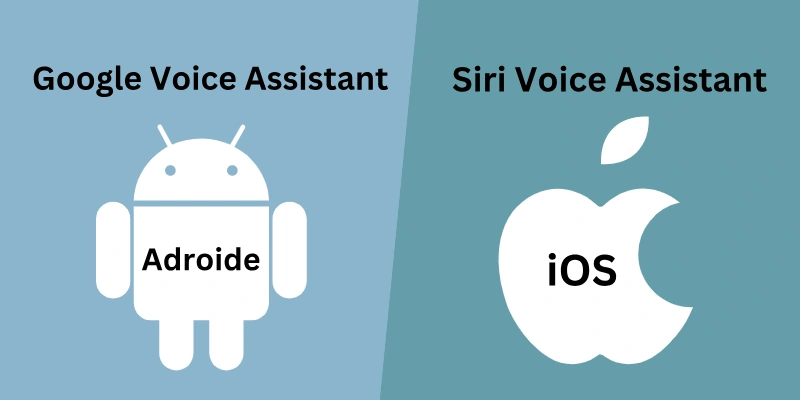
iOS: iOS, offers Siri, Apple’s voice assistant known for its smooth integration with Apple’s ecosystem and its ability to perform tasks within the iOS environment.
10. Privacy and Security:
Android: Android also focuses on user privacy and security, but being an open platform, it requires users to be more watchful in managing app permissions and device security settings.
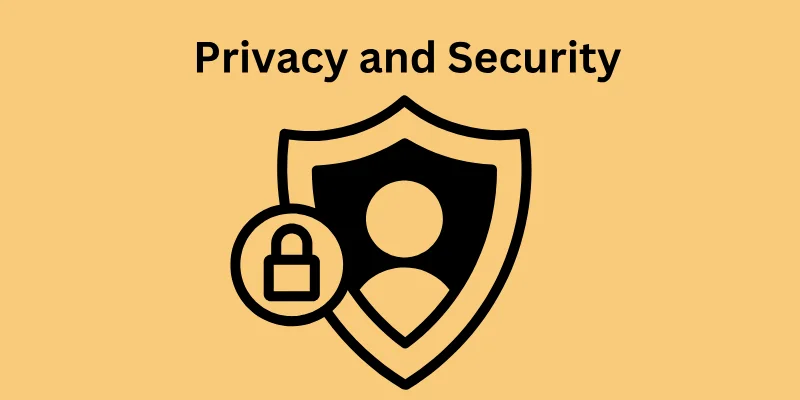
iOS: Apple has positioned itself as a champion of user privacy and security, implementing features like App Tracking Transparency and secure enclave technology to safeguard user data.
11. Device Price Range:
Android: Android offers a wide range of devices across various price points, making it accessible to users with different budgets.
iOS: iOS devices, particularly iPhones, tend to be positioned in the premium price range, offering high-quality hardware and a premium user experience.
12. Gaming and Entertainment:
Android: Both Android and iOS provide a rich gaming and entertainment experience. Android offers a more open environment for gaming, allowing users to sideload apps and access a huge range of gaming options.
iOS: iOS, known for its edited App Store, offers a more polished and edited selection of games and entertainment apps, often prioritizing quality and exclusivity.
Android vs iOS: Which One Is Better?
When it comes to choosing a smartphone, the debate of Android vs iOS has been going on for years. Both operating systems have their strengths and weaknesses, making the decision largely dependent on personal preference and needs.
Android offers more customization options, a wide range of devices across different price points, and larger batteries, while iOS is known for its smooth performance, strong security, and seamless integration with Apple’s ecosystem. Understanding the key differences between these two platforms can help users make a smarter choice based on their lifestyle, budget, and priorities.
Conclusion:
Choosing between Android and iOS ultimately depends on individual preferences and priorities. Android provides customization options, a larger app ecosystem, and diverse hardware choices, while iOS offers a streamlined user experience, seamless integration with Apple’s ecosystem, and a strong emphasis on privacy and security.
By considering these differences, users can make an informed decision to select the mobile operating system that aligns best with their needs and preferences. And since connectivity is just as important as the device itself, you may also want to explore my guide on the differences between 4G and 5G network technology to understand how network speed and capabilities can impact your mobile experience.
FAQs about Android and IOS:
Here are some of the most FAQs related to Android and IOS:
Android is an open-source operating system developed by Google, used by various manufacturers (Samsung, Google Pixel, etc.), offering more customization.
iOS is a closed system exclusively used by Apple devices (iPhone, iPad), providing a more controlled and consistent user experience.
IOS is often considered more secure due to Apple’s strict control over app distribution and system updates.
Android is more vulnerable to malware, but it allows more customization and third-party apps, with security depending on the device manufacturer and user practices.
Both Android and iOS have a vast range of apps, but iOS tends to get new apps or updates first due to its unified ecosystem.
Android has a wider selection of free apps, and the Google Play Store offers more variety with fewer restrictions.
Android is more customizable, allowing users to change home screens, default apps, widgets, and even install custom ROMs.
iOS offers limited customization, focusing on a consistent user experience with fewer options for personalizing the interface.
iOS provides better and more frequent updates across all its devices since Apple controls both the hardware and software.
Android updates depend on the device manufacturer, which can lead to slower or inconsistent updates across different devices.
It’s harder to transfer files between Android and iPhone than between two Android devices.
Yes, Google apps like Gmail and Google Maps are available on iOS.

- Be Respectful
- Stay Relevant
- Stay Positive
- True Feedback
- Encourage Discussion
- Avoid Spamming
- No Fake News
- Don't Copy-Paste
- No Personal Attacks

- Be Respectful
- Stay Relevant
- Stay Positive
- True Feedback
- Encourage Discussion
- Avoid Spamming
- No Fake News
- Don't Copy-Paste
- No Personal Attacks
